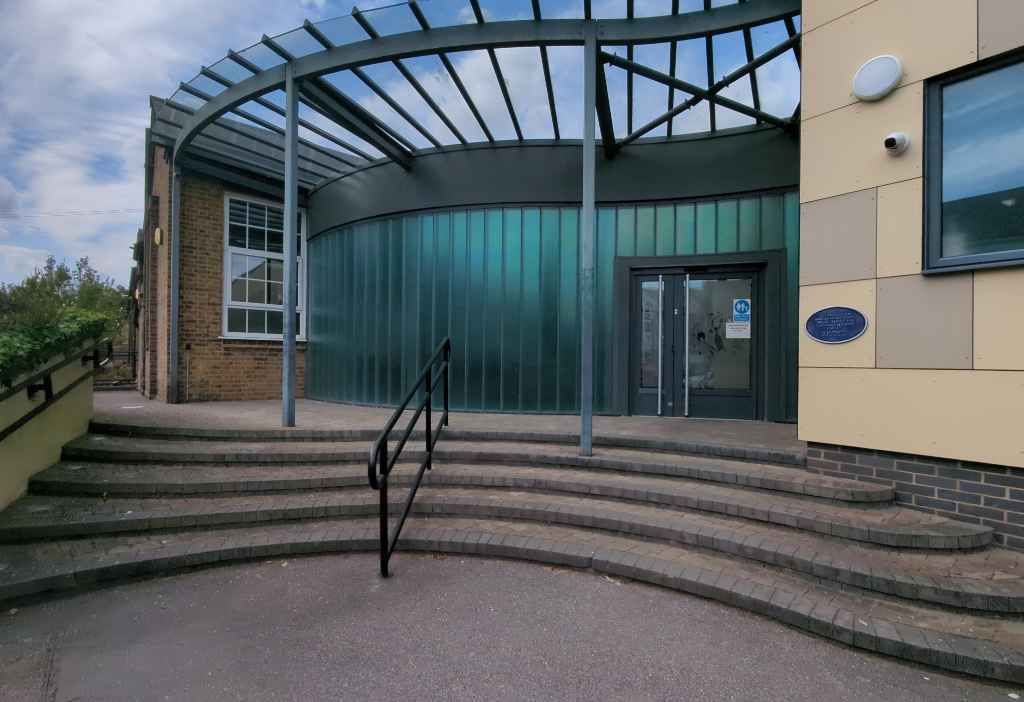Condition Improvement Fund (CIF)
The Condition Improvement Fund (CIF) is a funding programme aimed at academies and sixth-form colleges to address significant building condition issues and enhance school facilities. This fund is used for projects that improve building safety, address essential repairs, and expand existing buildings to accommodate more students. RAM offers expert bid writing services to ensure that schools and academies can maximise their chances of securing CIF funding. By providing guidance throughout the application process and supporting project delivery, RAM helps educational institutions enhance their learning environments and meet regulatory requirements, ensuring long-term operational success.
